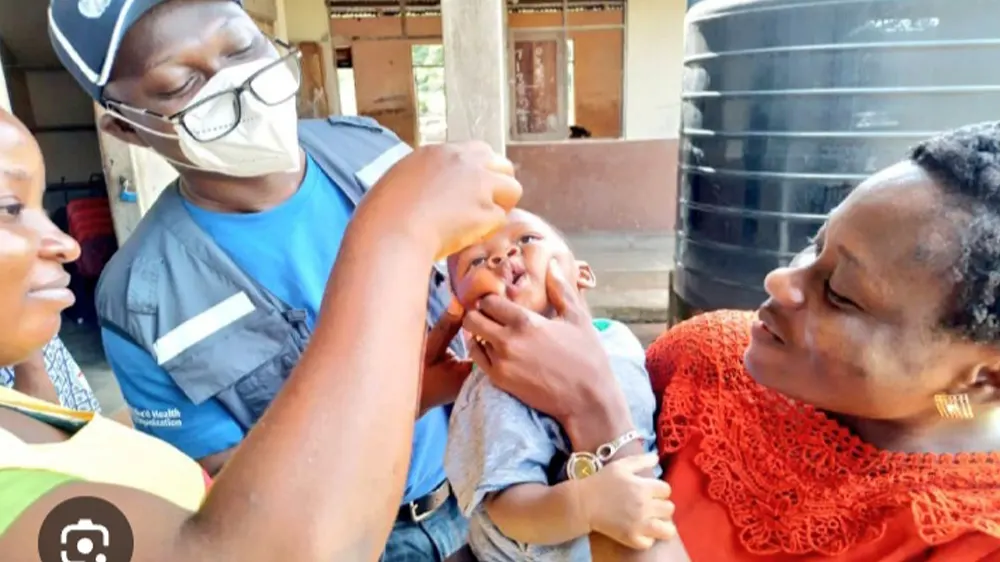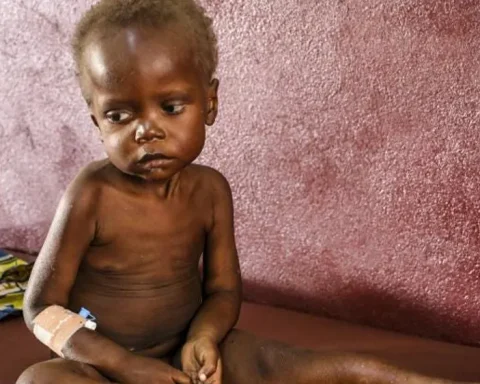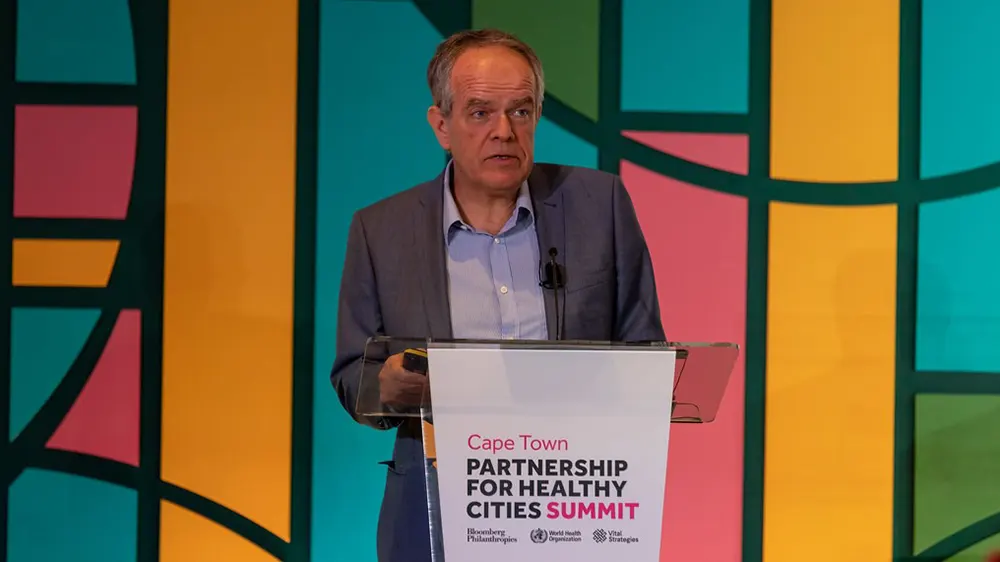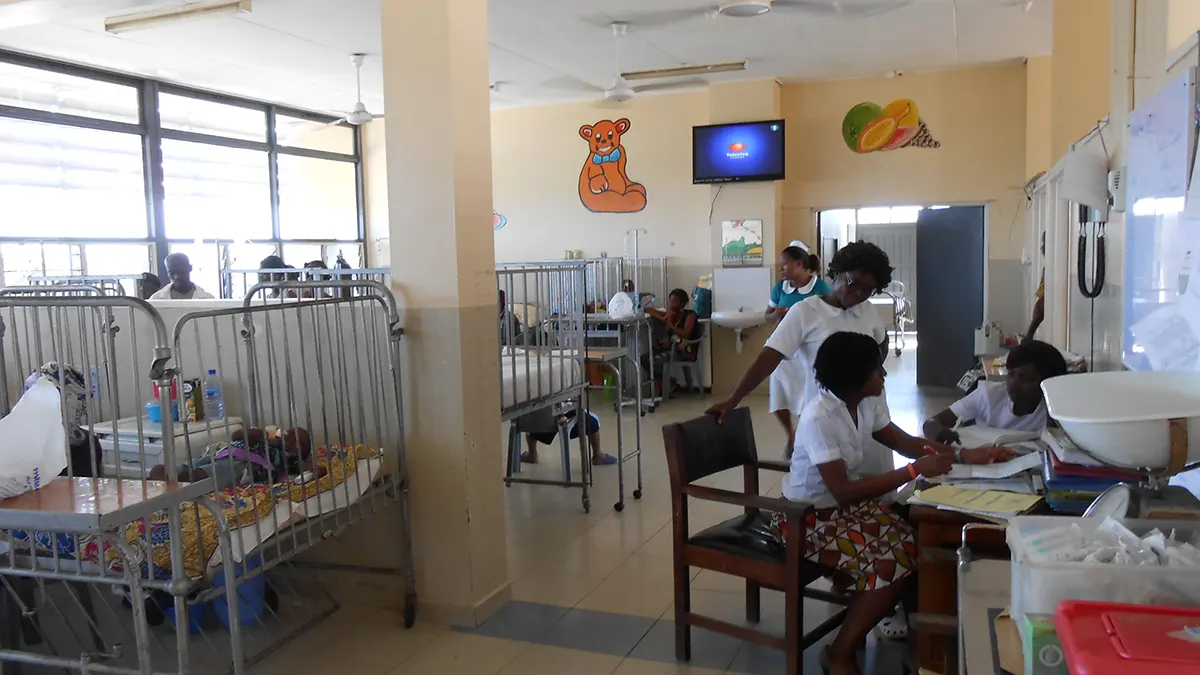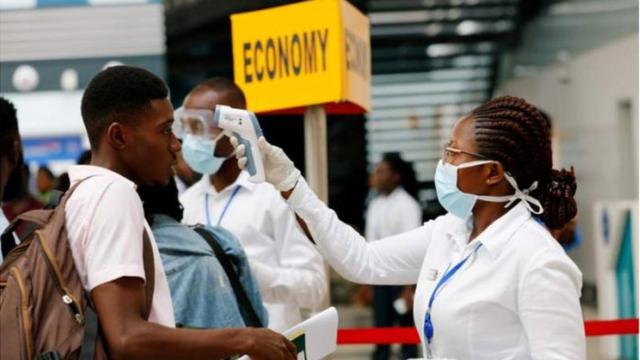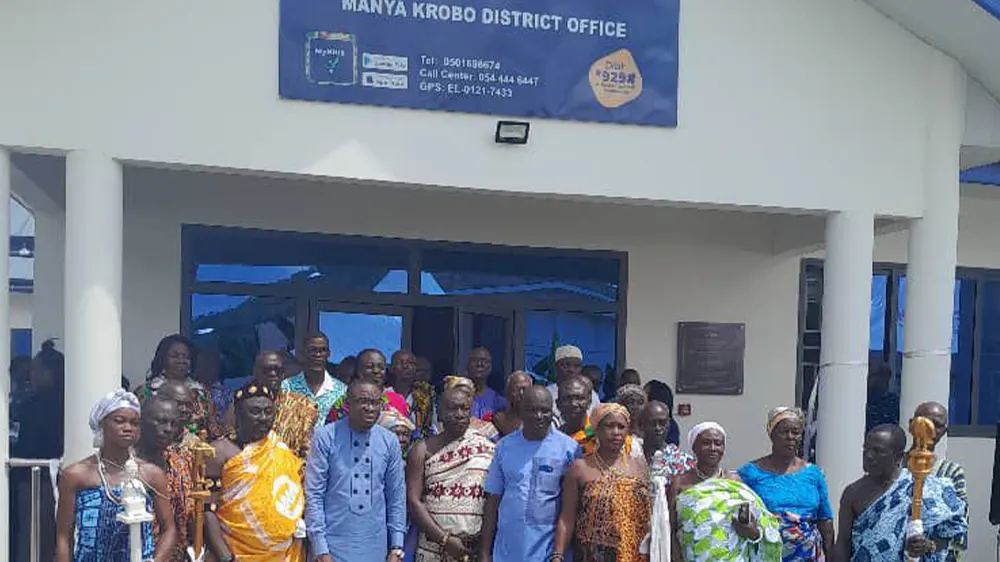Ghana is gearing up to observe the African Vaccination and World Immunization Week from May 4 to 9, 2024, aligning with global efforts to strengthen immunization programs and increase vaccination rates.
Led and coordinated by the WHO Regional Office for Africa, the African Vaccination Week, celebrated annually during the last week of April, aims to raise awareness about the importance of vaccination in preventing vaccine-preventable diseases, especially among children and women.
This event synchronizes with the World Immunization Week, observed internationally from April 24 to 30, with the goal of shielding people of all ages against infectious illnesses and increasing vaccination rates.
The 2024 observance holds particular significance as the Expanded Programme on Immunization (EPI) of the WHO commemorates its 50th anniversary under the theme: “Safeguarding Our Future: Humanly Possible.”
During a media engagement in Accra, Dr. Naziru Tanko, Deputy Programme Manager of the EPI, highlighted the remarkable impact of vaccines in the African region, saving an estimated 51.2 million lives over the past 50 years.
Supported by WHO, UNICEF, and Gavi, significant strides have been made in providing access to vaccines for 13 vaccine-preventable diseases across the region, up from the initial six when the EPI was introduced.
Notable achievements include a reduction in measles deaths, with an estimated 19.5 million deaths averted over the last 22 years. Additionally, there has been a significant decline in meningitis deaths, with a 39% reduction in 2019 compared to 2000. Maternal and neonatal tetanus have nearly been eliminated, and the African region was declared free of indigenous wild poliovirus in 2022, marking a historic public health achievement.
As Ghana and countries across the region commemorate African Vaccination and World Immunization Week, they reaffirm their commitment to safeguarding the health and well-being of their populations through robust immunization programs and collaborative efforts with global health partners.

